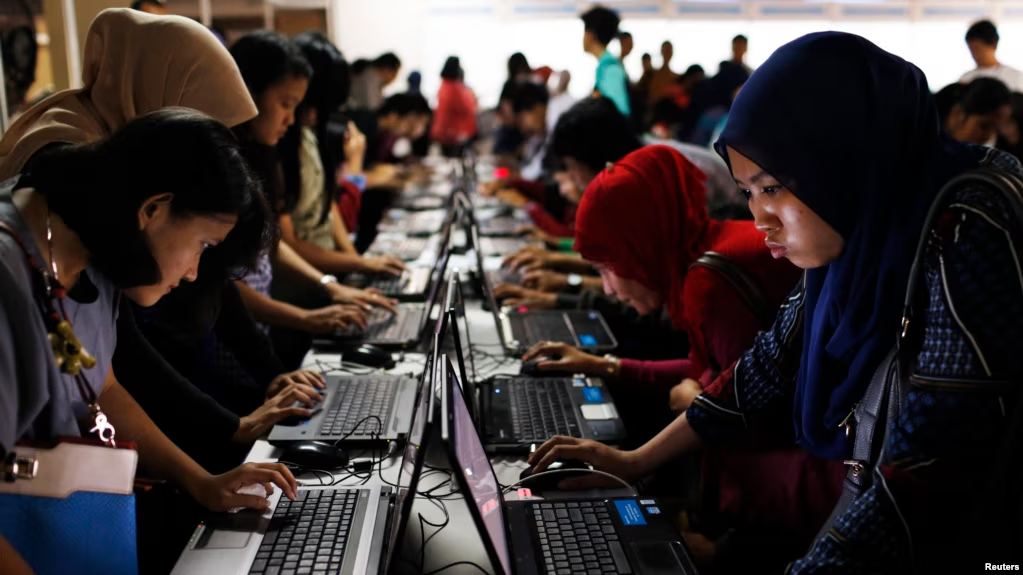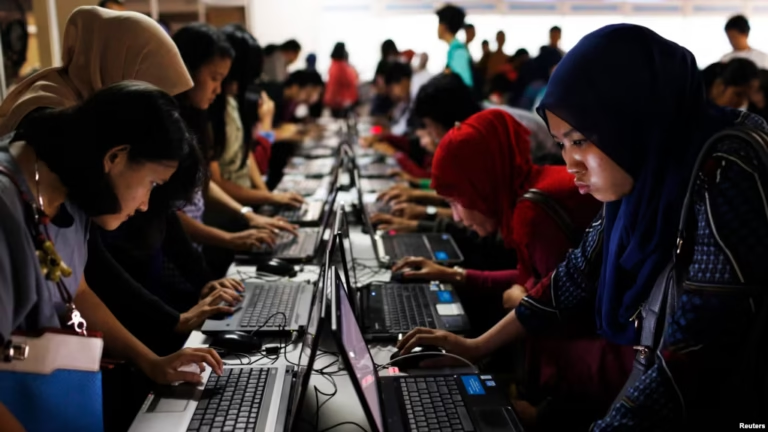
Artificial Intelligence (AI) is a rapidly growing industry shaping the future of technology and society. However, recent studies show that women remain significantly underrepresented in this sector. This article delves into the reasons behind this gap and ongoing efforts to address it.
Current State of Women in AI Sector
Despite advancements in technology, the participation of women in AI remains low. According to recent data, women account for less than 25% of the global AI workforce. This disparity highlights a pressing need for greater inclusion and diversity in the industry.
Reasons for Gender Gap in AI Sector
1. Limited Access to Education
A significant factor contributing to the gap is unequal access to STEM (Science, Technology, Engineering, and Mathematics) education. Many women lack exposure to fields like computer science, which are crucial for careers in AI.
2. Workplace Bias and Stereotypes
Gender biases and stereotypes persist in the tech industry. Women in AI often face challenges in being recognized or promoted compared to their male counterparts.
3. Lack of Role Models
The scarcity of female leaders in AI discourages young women from pursuing careers in the field. Representation matters, and the lack of visible success stories creates a cycle of underrepresentation.
Efforts to Bridge the Gap
Promoting STEM Education
Initiatives that encourage girls to study STEM subjects from an early age are key to closing the gap. Scholarships and mentorship programs are also playing a significant role.
Creating Inclusive Work Environments
Companies are beginning to adopt policies that promote diversity and combat bias. Flexible work arrangements and equal pay initiatives are examples of positive steps forward.
Celebrating Female Achievements in AI
Highlighting the contributions of women in AI can inspire others to join the field. Recognition and awards for female professionals in tech can help change perceptions.
Conclusion
While the gender gap in the AI sector remains a challenge, progress is being made. Through education, inclusive policies, and celebrating women’s achievements, the industry can become more equitable. Addressing these issues is not only about fairness but also about unlocking the full potential of AI by leveraging diverse perspectives.



